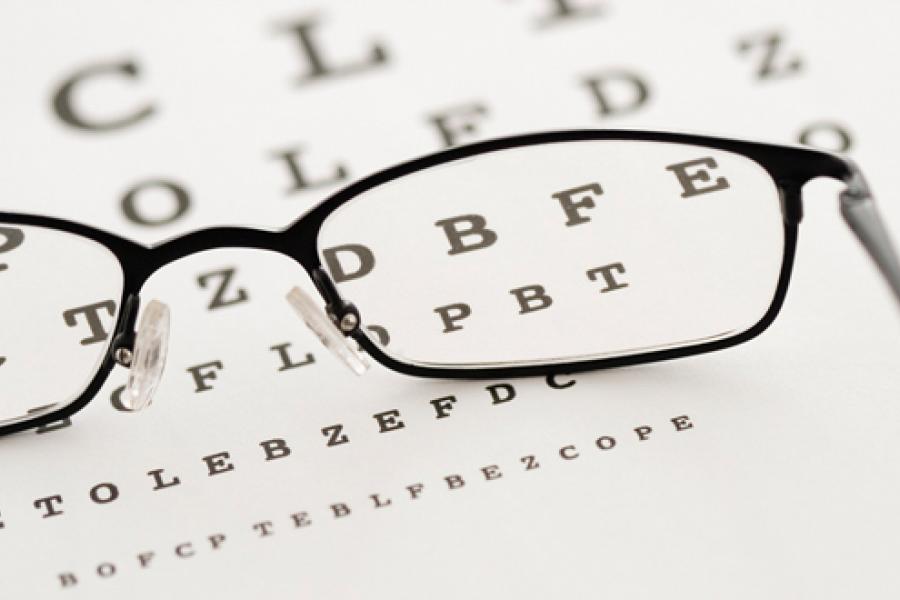Vitamins for your eyes
All you need to reap the special benefits or nutrients for your sight is make sure you eat nutient-balanced meals.
You know that proper nutrition is essential to good health. But did you also know there are certain nutrients that help keep the eyes working properly and that help prevent the onset of certain vision problems and disorders? Well it's true.
In the case of vitamins, the ones that benefit your eyes include vitamin A, vitamin C and Vitamin E. Most of the benefit to the eyes has to do with the fact that these vitamins are antioxidants. The body needs antioxidants to help ensure that its cells are able to regenerate correctly. Sometimes the regeneration process is jeopardized by the actions of free radicals. Antioxidants help neutralize free radicals which diminishes their ability to cause cell damage.
Age has a lot to do with the eye's diminished capacity, but free radicals do much harm to the eyes as well. They can cause damage to the retina, located at the back of the eye. They can also interfere with the lens. Specifically free radicals can prevent the lens' ability to deliver light to the retina. When the light cannot focus properly, the retina cannot produce a clear image to send to the brain.
Lutein and zeaxanthin are two antioxidants that are currently being studied for their potential to protect the eyes. Let's take a closer look at the other eye-friendly vitamins and minerals.
Vitamin A
A deficiency of vitamin A is known to be a major cause of blindness. It makes sense then that the easiest way to prevent blindness (and also prevent cataracts) is by getting the recommended daily allowance of this vitamin. Getting enough vitamin A also helps ensure your eyes can focus in nighttime light. When deficiencies are persistent, a condition called xerophthalmia may develop with its characteristic dry membranes and thickening of the mucous membranes that line the eyelids. This condition can cause permanent blindness as can macular degeneration, another disorder that has been linked to a deficiency of vitamin A.
Vitamin C
Very high concentrations of Vitamin C are stored in healthy eyes. It's believed that vitamin C protects the eye from damaging ultraviolet rays. Vitamin C's antioxidant qualities protect the eyes from cell damage, including macular degeneration, by neutralizing free radicals. Vitamin C is also believed capable of preventing glaucoma and alleviating its symptoms in cases where it has already developed.
Vitamin E
Vitamin E helps to keeps the mucous membranes of the eyelids lubricated. And it too is considered an antioxidant so getting adequate quantities of this vitamin will help in the prevention of eye disorders and diseases such as macular degeneration and night blindness.
Zinc
The body needs the mineral zinc to assist with the absorption of Vitamin A. As you read above, this vitamin benefits the eye in many ways so anything that helps the body absorb Vitamin A also helps keep eyes healthy and vision clear.

